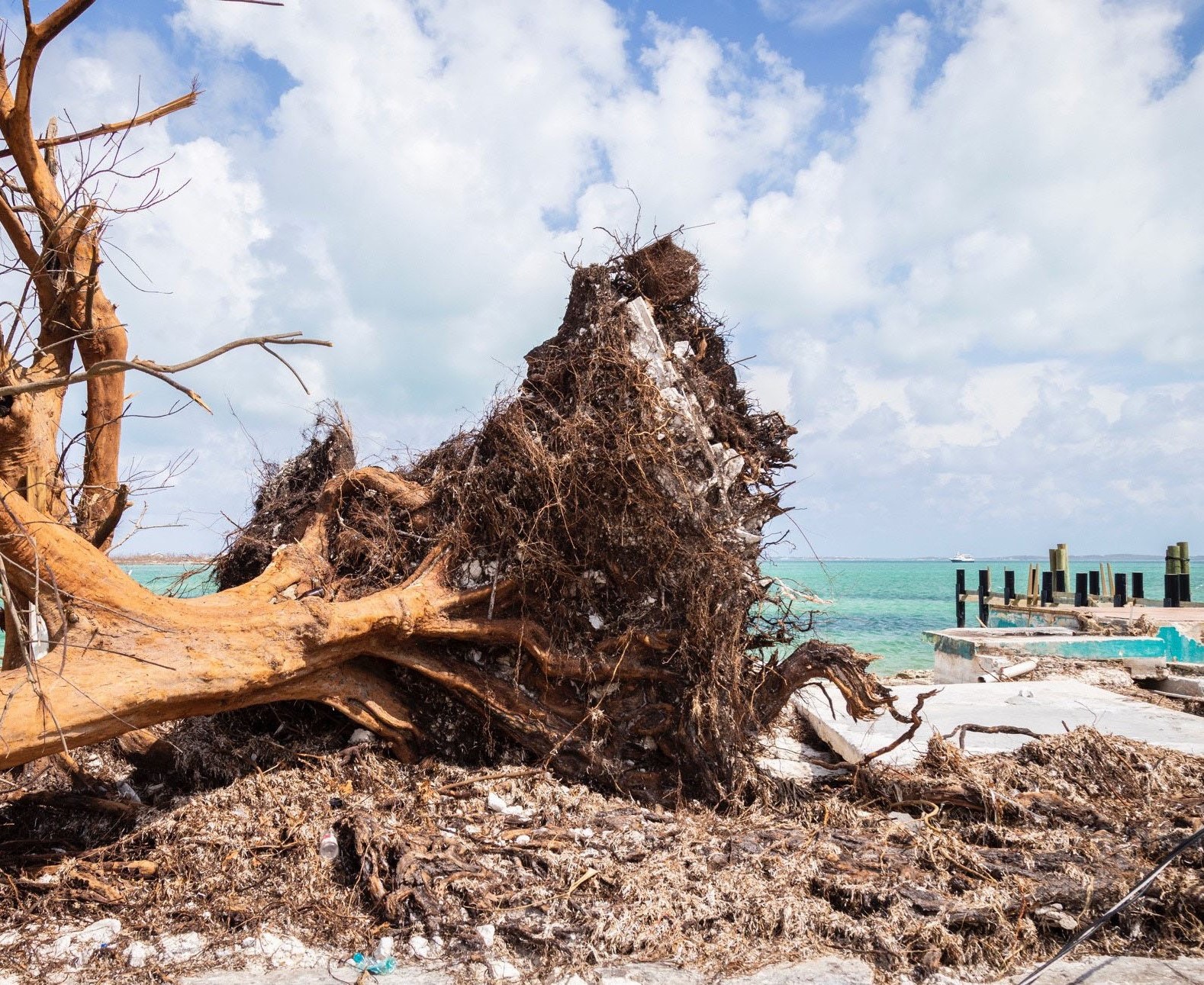
This project aims to establish a global network of universities, researchers, and stakeholders with the long-term goal of developing a research agenda and a graduate training framework aimed at facilitating the transition to a low-carbon global energy system on the backdrop of a changing climate. To achieve this we will develop a global, interdisciplinary network of researchers, The Energy Transition in a Changing Climate Network, with training opportunities grounded by the needs of climate-vulnerable communities and stakeholder groups, including those undertaking the transition to a low-carbon future.
Global coastlines and proximal offshore areas represent a large (and increasing) fraction of global power generation, yet sea-level rise is making many coastal locations untenable for infrastructure development with a long-term (multi-decadal) lifespan. The transition to a future in which over 80% of our total energy is supplied by renewable sources will require a massive shift in both energy supply and end-uses of energy. This transition will occur in the context of a changing global climate and rising seas, and thus must consider the inherent uncertainty in both supply and demand produced by changing environmental conditions.
This work will have a scholarly impact at the nexus of diverse disciplines by bringing together experts in energy systems, climate science, social science, planning, public policy, and coastal resiliency. This is an under-explored area of research, but it is critical for responding to the pressing need to transition the global energy system and adapt to climate change.
Implementing new renewables technology is essential, but it needs to be done with an awareness of coming climate vulnerabilities and equity outcomes; this is what the group seeks to develop. The team will also identify a training agenda aimed at the next generation of leaders who must be capable of tackling these complex, multi- disciplinary challenges.